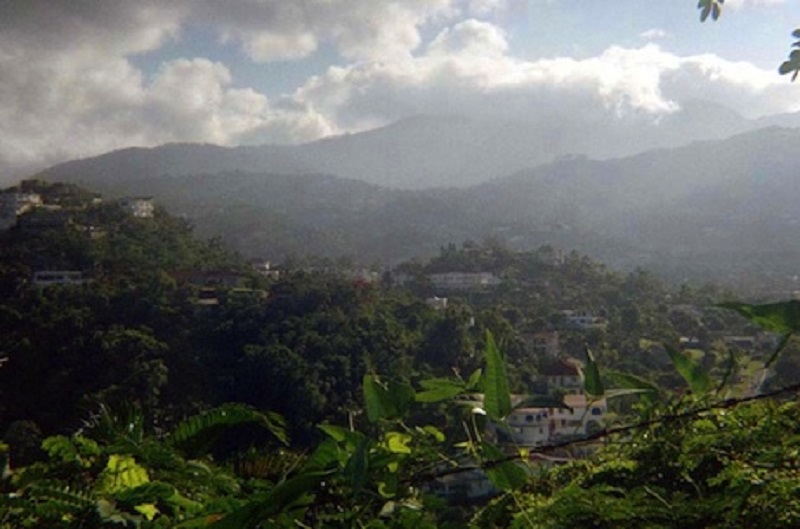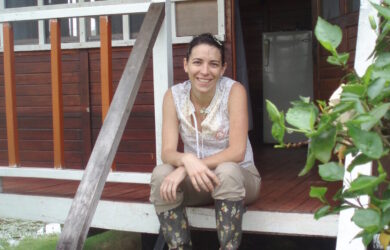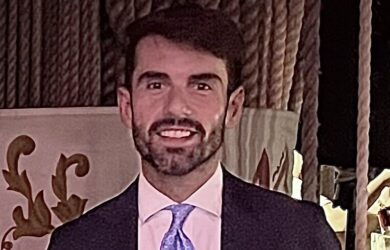
Charles Amo Yartey has co-authored a book on the problems of debt reduction in the Caribbean.
A Gates Cambridge Alumnus has co-authored a book on the problems of debt reduction in the Caribbean.
The book, Caribbean Renewal: Tackling Fiscal and Debt Challenges, published by the International Monetary Fund, is co-authored by Charles Amo-Yartey [2002], who did a PhD in Economics at the University of Cambridge.
The book examines the problem of high debt in the Caribbean region and discusses policy options for improving debt sustainability, including fiscal consolidation, robust growth and structural reforms. The book also examines empirically the factors underlying global large debt reduction episodes to propose important policy lessons for the Caribbean. It also reviews the literature on successful fiscal consolidation experiences and provides an overview of past and current consolidation efforts in the Caribbean. It concludes that the region needs a broad and sustained package of reforms to reduce debt ratios to more manageable levels and strengthen economic resilience.
Charles, who has recently been appointed Resident Representative of the IMF in Liberia, joined the IMF in October 2005 just after leaving Cambridge. He has worked in several departments of the IMF including African, Western Hemisphere and Research departments. He was previously a Teaching Fellow in the Faculty of Economics at Cambridge and an Economist at the United Nations Economic Commission for Africa in Ethiopia.
Picture credit: Wiki Commons and Bz3rk












